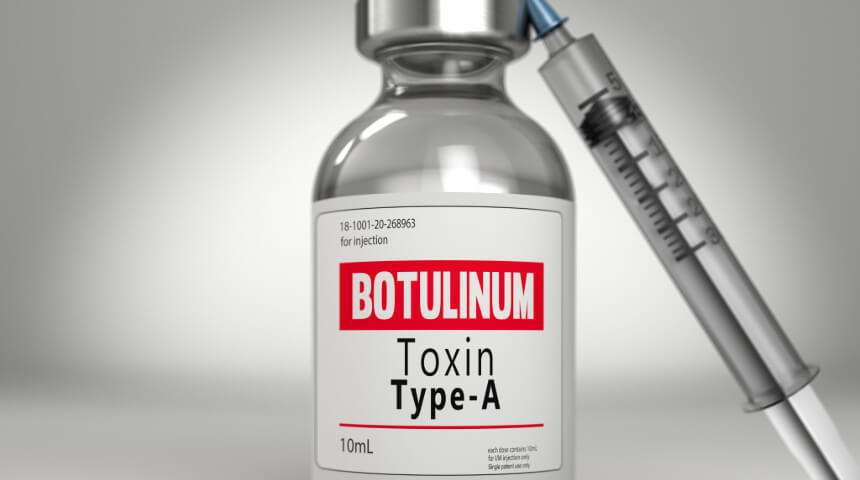Is your baby not gaining weight, having feeding issues or breathing problems? It could be a congenital heart defect.
About 1 percent of newborns have congenital heart defects, which are structural heart problems present at birth, according to the Centers for Disease Control & Prevention.
Why Heart Defects Happen
Three general categories of childhood heart problems typically are diagnosed early in life, the American Heart Association says. These are:
● Structural defects
● Acquired damage
● Heart rhythm disturbances
Sometimes, a heart defect is inherited from a parent. If one family member has it, doctors can look for gene defects, such as with Marfan Syndrome, to test in immediate relatives. If a woman has had a previous child with a heart defect, the risk in subsequent pregnancies may be between 5 percent to 15 percent. But often, it's a genetic change that occurs as the fetus’ heart begins to develop soon after conception.
Other risk factors include exposure to certain medications during early pregnancy and maternal diabetes.
Signs To Watch For
Look for these common signs that may indicate a baby or child may have a heart defect:
● Poor weight gain
● Feeding problems, such as:
o Eating less
o Taking too long to feed
o Tiring out while feeding and needing to rest
o Choking or gagging while eating
o Excessive irritability
o Excessive sweating
o Cold, clammy skin
● Breathing problems, such as
o Respiratory distress
o Breathing that becomes harder or faster while eating
o Persistent cough or wheezing
● Bluish color (called cyanosis) or very pale coloring.
● Getting tired quicker than normal or tiring more quickly than their peers.
My Child Has a Heart Defect. Now What?
Depending on the defect, the heart may be able to heal itself. The more common, minor defects, such as the small ventricular septal defects and atrial septal defects, typically close on their own. For instance, when infants are born with a small ventricular septal defect, up to three quarters of them will close in the first one to two years of life, and most within six months.
One-quarter of congenital heart defects represent problems that won’t get better on their own and usually require medical intervention in the first year of life.
Surgery and Other Treatments
When a heart defect requires surgery, the doctor might close a hole with a patch, for instance, or open a valve to make it larger. More complex surgeries might involve making the blood vessels larger.
While some heart defects require open heart surgery, others can be treated with less invasive procedures. Some examples include “balloons” that can be inflated to open tight valves or to dilate small arteries, devices that can close the holes in the heart, or stents that stay in place to enlarge arteries.
Living with a Heart Defect
If a defect isn't severe enough to require surgery — such as a mild to moderate degree of narrowing or leakage of a valve or a small to moderate hole in the heart — a child’s activity likely won’t be restricted.
Most of the time, children with heart defects can participate in almost all recreational activities. Only a small percentage of patients with heart defects can potentially put their life at risk with extreme exertion.
It's important for all children to be active and to lead a heart-healthy lifestyle. Kids are encouraged to maintain some level of activity, which is typically a shared decision with the patient, their family and their cardiologists about what is appropriate and safe.
When patients have more complex heart defects — especially ones that require heart surgery — they're likely going to be a patient for life. That doesn’t necessarily mean frequent checkups. It could mean a visit with their cardiologist once a year, biannually or even less frequently.
Are You Interested in Learning More?
Sign up for our e-newsletter for more tips and best practices from pediatricians.
Sign Up Here










